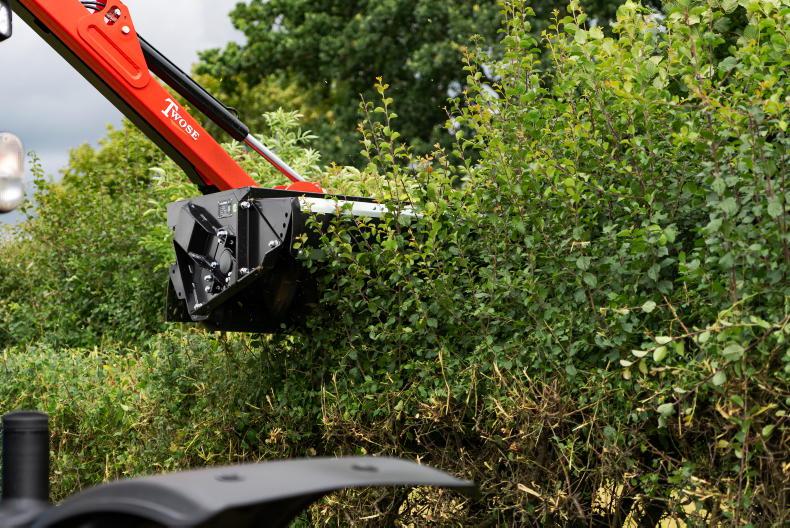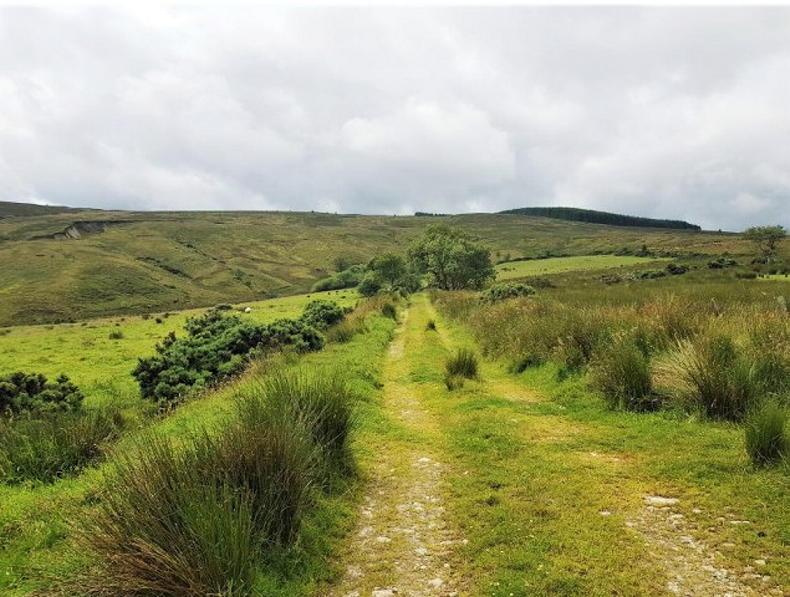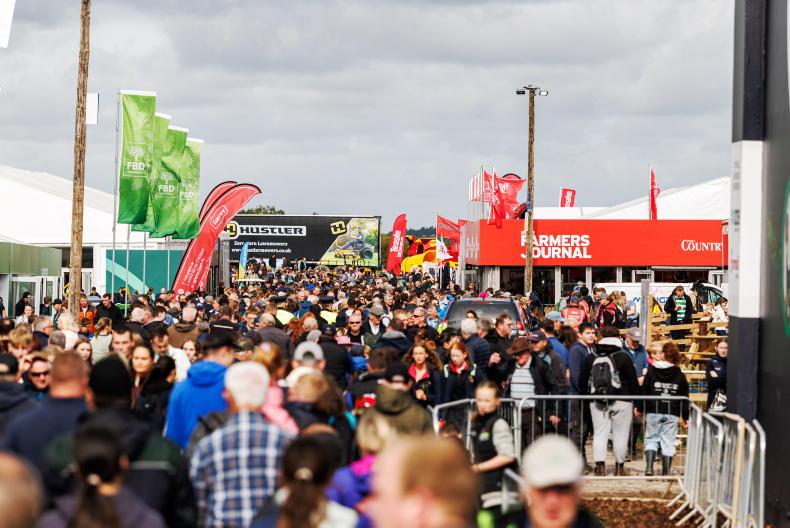New satellite imagery shows illegal burning in Cork, Kerry, Wicklow and Tipperary over the last two weeks.
County councils have called on landowners to cease and desist all burning, which is illegal between 1 March and 31 August.
The satellite images show spikes in nitrogen dioxide (NO2) emissions, a gas created from the burning of fossil fuels, in certain parts of the country.
The satellite data was analysed by scientists from Irish Centre for High-End Computing (ICHEC) using European Space Agency (ESA)’s Sentinel 5-P satellite data.
Rural fires
The scientists observed general reductions in emissions (blue areas of the maps) from the lower levels of activity in the economy due to COVID-19 but also observed a few spikes (red areas) on some dates, most likely associated with fires in rural areas.

Alastair McKinstry, environmental programme manager, ICEHC said the data shows some overall reductions in levels of emissions in densely populated areas.
“However, there are some spikes in nitrogen dioxide (NO2) emissions visible from the Cork and Kerry mountains on 21 March, the Wicklow Mountains on 19 and 30 March, and the Comeragh Mountains also on 21 March.
“As nitrogen dioxide (NO2) is a gas created from the burning of fossil fuels, it looks like these red areas are related to fires.
“Deliberately burning agricultural material is not only illegal but, given the fires in the Killarney National Park, in Co Kerry last weekend, is a drain on emergency services at a time when these services are already stretched, due to COVID-19,” he said.
Reckless and irresponsible
Minister for Culture, Heritage and the Gaeltacht Josepha Madigan has condemned those who started a fire in Killarney which led to the loss of 150ac of habitat in Killarney National Park as “reckless and irresponsible”.
“As well as having severe localised impact on flora and fauna, setting fires during this time of national public health emergency is particularly reckless as it places unnecessary additional pressures on our emergency services as they valiantly tackle the current pandemic.
#Greystones Fire Crew responded to multiple gorse fires on Ballyremon Commons on Wednesday night. @gardainfo @wicklowcoco pic.twitter.com/BWIjCBaHy2
— Wicklow Fire Service (@FireWicklow) April 3, 2020
“I would appeal to members of the public to be conscious of the dangers posed by fire on open ground. Even planned and/or "controlled" burning can get out of hand very quickly, so it is critically important that every member of society realises the damage that can be caused to property, our precious natural heritage and, indeed, the health and welfare of family, neighbours and the wider community, and the responding emergency services,” she said.
Farmer warning
Minister for Agriculture Michael Creed has repeated a strong warning to farmers that they must not burn land at this time of year and doing so may have serious consequences for farm payments.
’Although most on-farms visits are currently suspended due to the COVID19 crisis, my Department is continuing to carefully monitor satellite imagery in order to identify any parcels of land that are burnt illegally. Follow up ground inspections will take place where necessary’
— Dept of Agriculture, Food and the Marine (@agriculture_ie) April 3, 2020
“Although most on-farm visits are currently suspended due to the COVID-19 crisis, my Department is continuing to carefully monitor satellite imagery in order to identify any parcels of land that are burnt illegally.
“Follow-up ground inspections will take place where necessary. It would be an act of gross disregard for your community if you set illegal fires that could stretch the resources of our emergency services when they are already prioritising care for the vulnerable in our society at this particular time.”
Endangering lives
As well as endangering lives and property and doing untold damage to the environment, illegal burning of your land will put your own payments at risk and can also adversely affect your neighbour’s payments at this time of crisis, the Department has warned.
If you burn land between 1 March and 31 August you risk prosecution, fines and potential imprisonment.
“This is an unprecedented time in Ireland and I know that we can depend on the farming community to once again come to the assistance of the whole country in maintaining food supply. This makes it all the more important that a small number do not act in a reckless and thoughtless way by illegally burning land,” he said.








SHARING OPTIONS